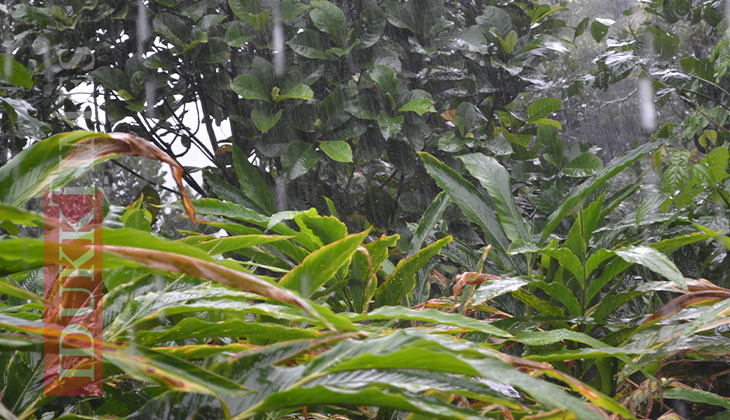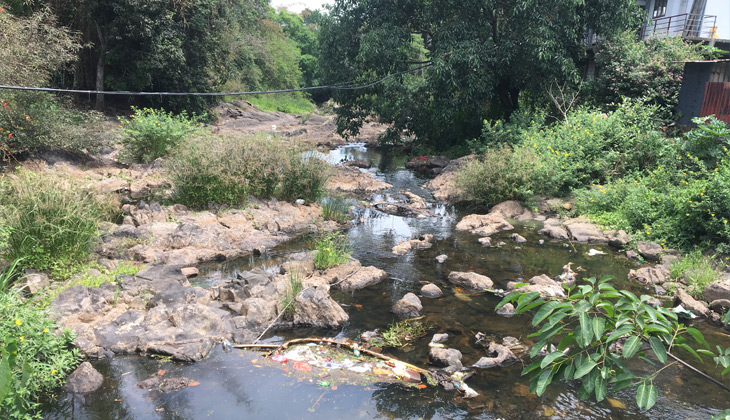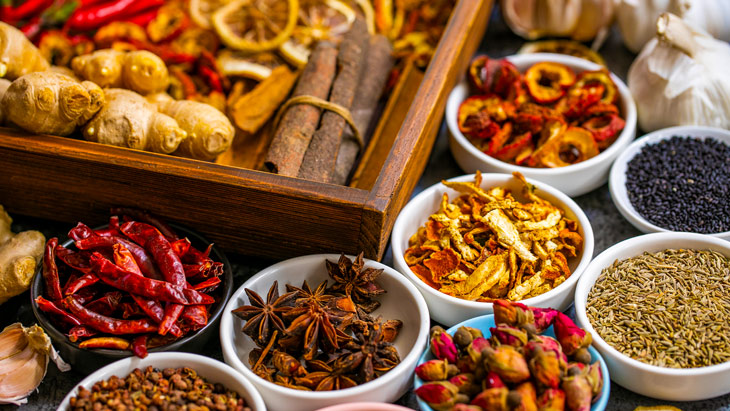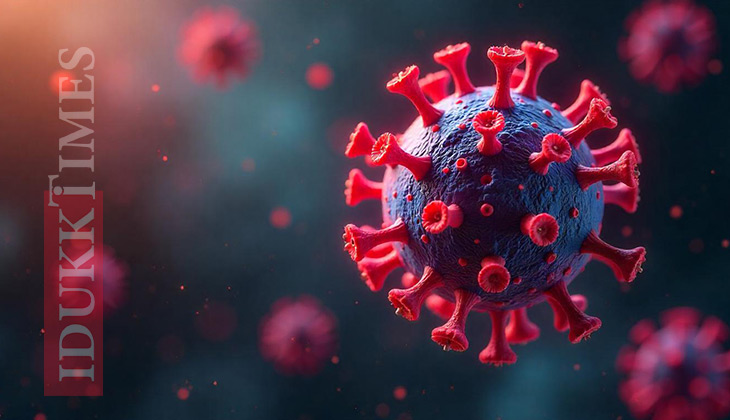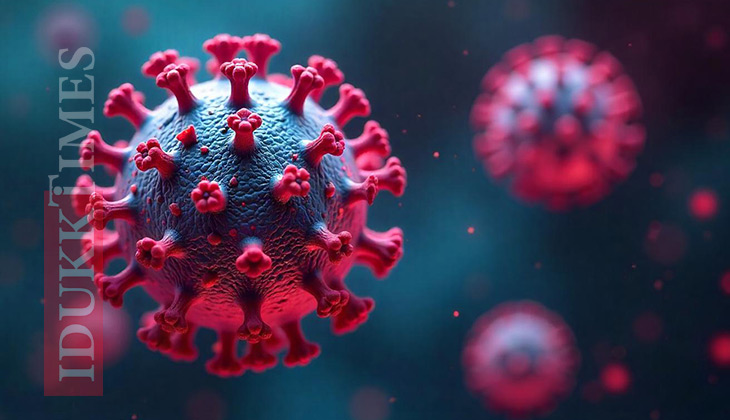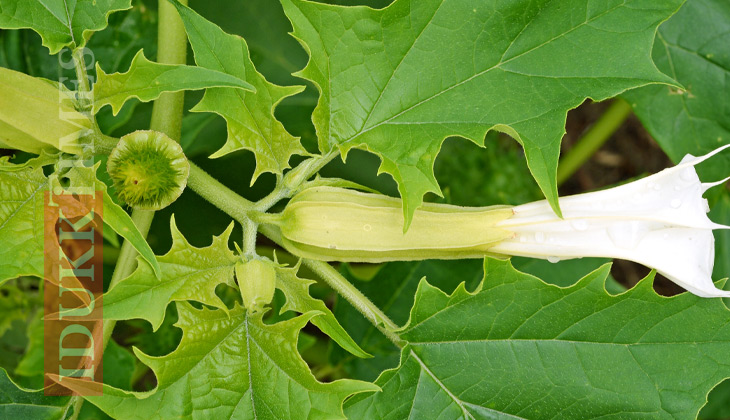
In Idukki district, an elderly woman tragically lost her life after accidentally consuming seeds from the Jimsonweed plant, locally known as Ummathikkaaya. Though the plant is visually appealing with its beautiful flowers, all its parts—especially the seeds and leaves—are highly toxic. It contains dangerous alkaloids like Atropine, Hyoscyamine, and Scopolamine, which can severely affect the nervous system.
When these toxins enter the body, they can cause a range of serious symptoms such as urinary retention, abdominal pain, dilated pupils, dry mouth with intense thirst, nausea, dizziness, increased heart rate, red, hot, and dry skin, fever, hallucinations, and in severe cases, unconsciousness or coma.
In the event of such poisoning, it is crucial to seek immediate medical attention. Treatment may involve administering activated charcoal to absorb the poison, medications tailored to relieve symptoms, and supportive care to stabilize breathing and heart function. Doctors may also perform blood and urine tests, X-rays, and ECG to assess the impact of the poison.
This incident highlights the hidden dangers of certain plants found in nature. It is essential for the public to recognize such toxic plants and avoid contact with or consumption of them. Spreading awareness about these risks can help prevent similar tragedies in the future.



